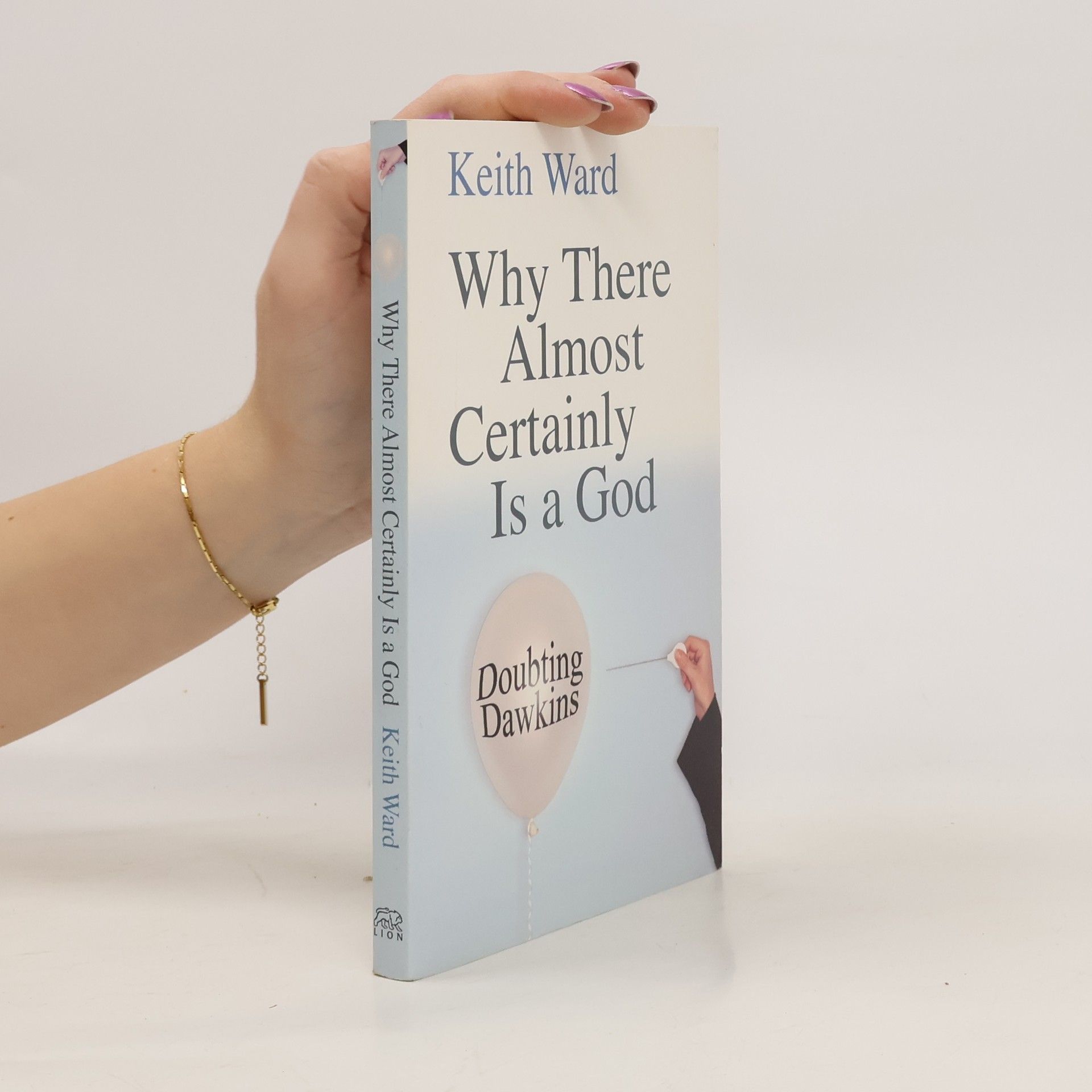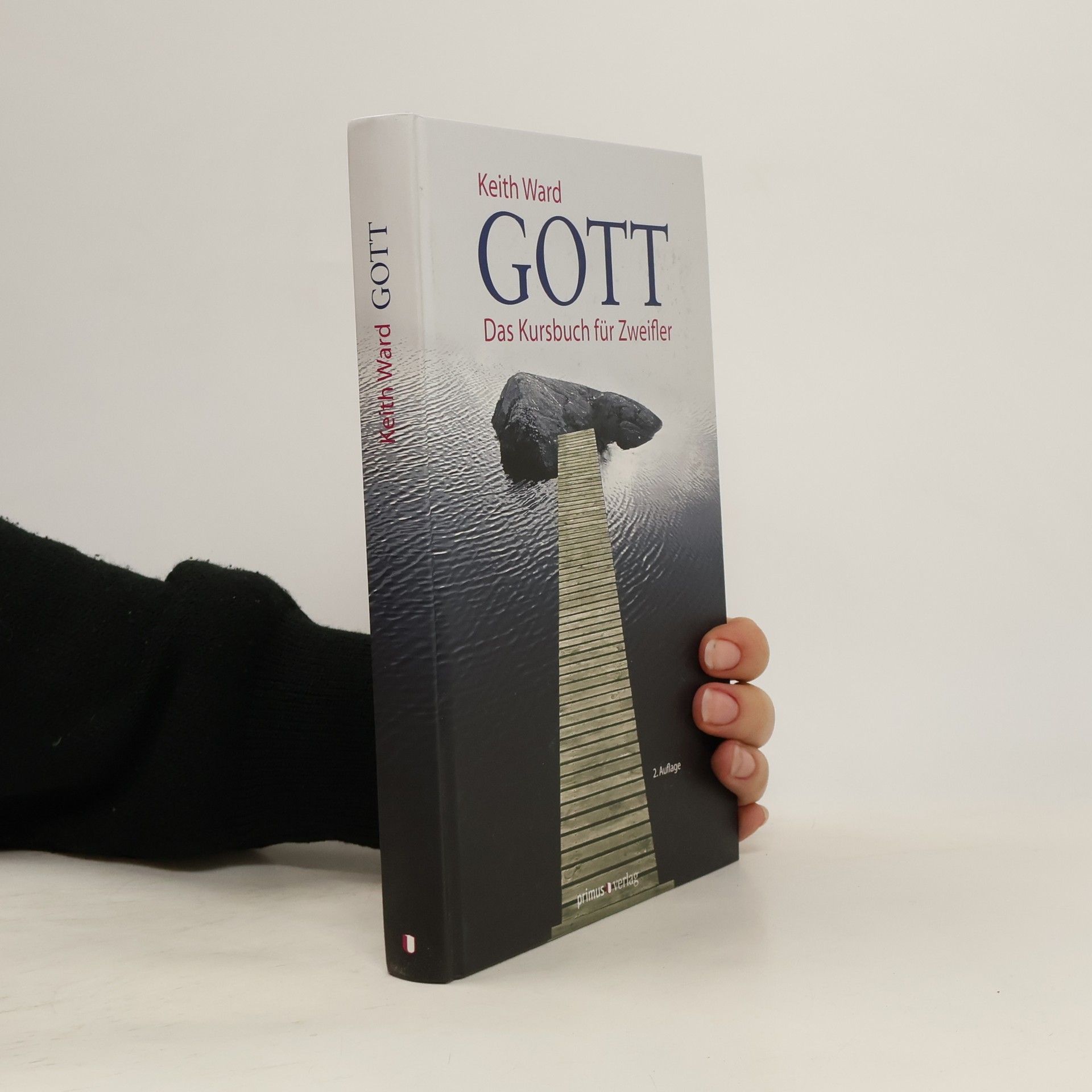Spirituality and Christian Belief
Life-Affirming Christianity for Inquiring People
- 118 pages
- 5 hours of reading
Challenging traditional Christian doctrines, the book presents an alternative view of spirituality, asserting that the ultimate reality is a cosmic mind aimed at liberating all beings from suffering. It posits that God defines the goal of unity, Jesus exemplifies this journey, and the Spirit provides guidance. This perspective emphasizes a spiritual path to God, rooted in the Abrahamic tradition, while questioning the infallibility of the Bible and the nature of Jesus and hell.



